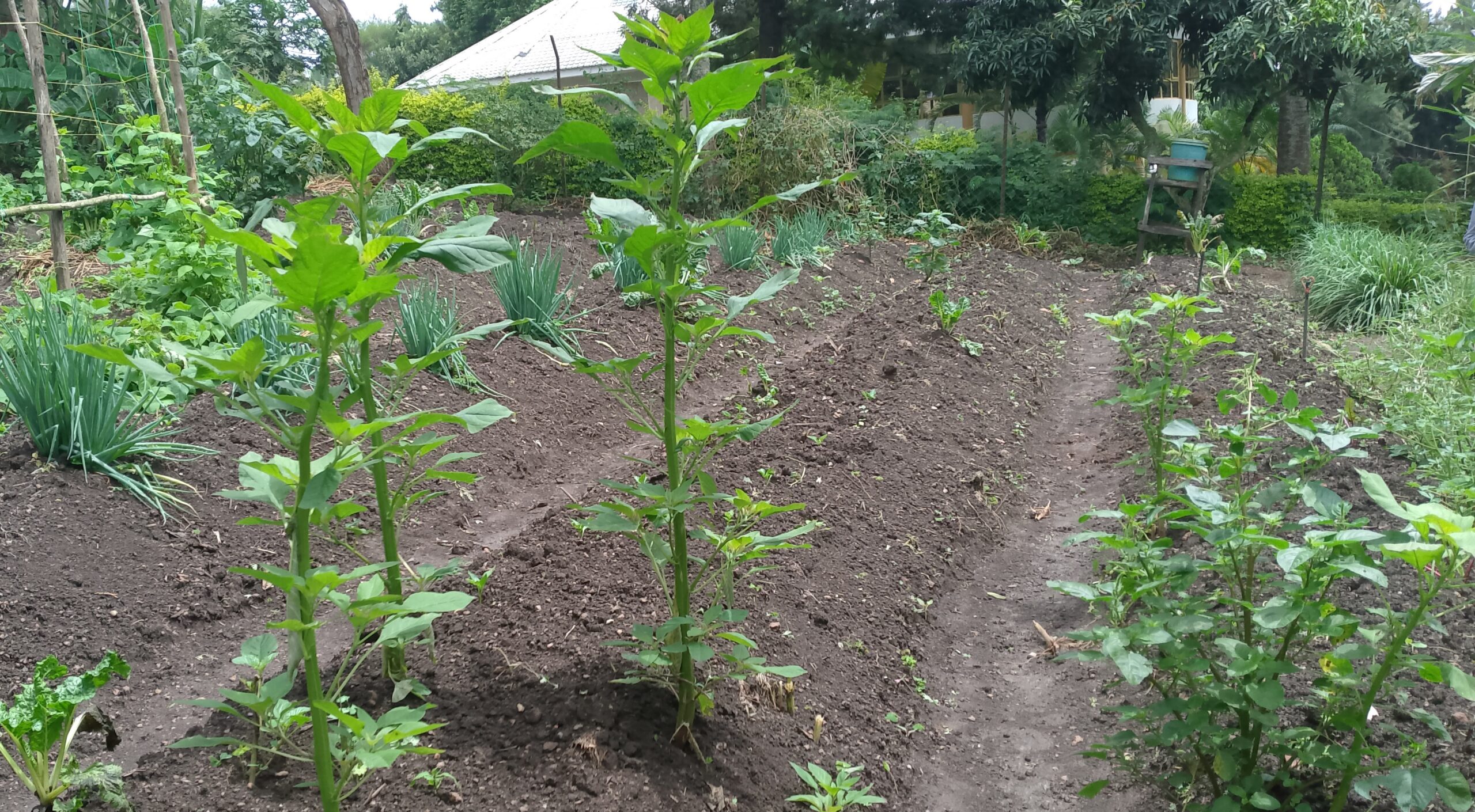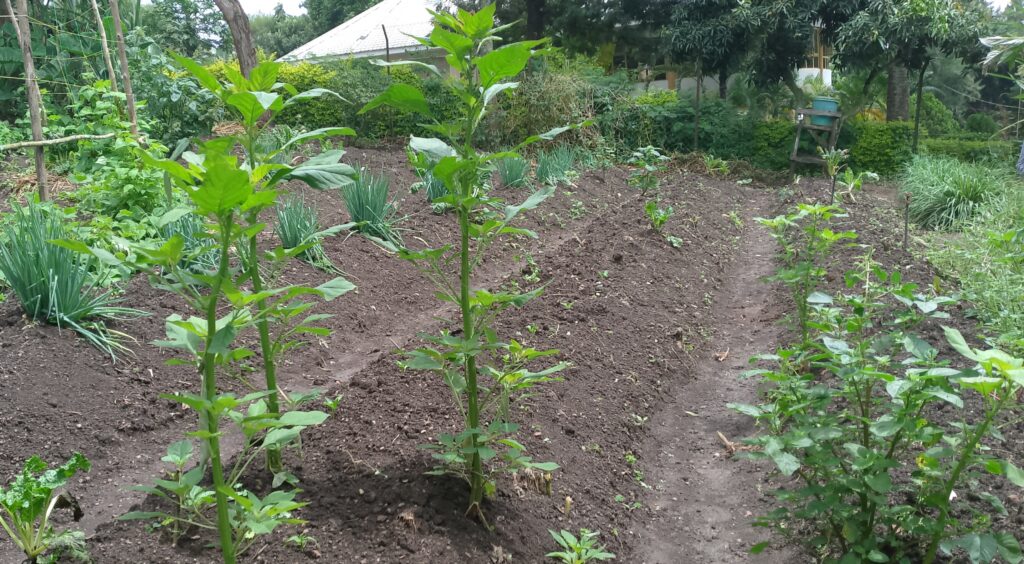
 Rapa FM Pader
Rapa FM Pader

 Rapa FM Pader
Rapa FM Pader
13 December 2024, 18:25

By Gladys Kasline Lakaraber
As global agricultural challenges intensify, the need to balance food security, environmental sustainability, and economic growth has never been more urgent. Agroecology, which integrates ecological principles with agricultural practices, offers a promising solution to these challenges.
Agroecology focuses not only on maximising yields but also on enhancing biodiversity, improving soil health, and promoting resource efficiency. It reduces reliance on synthetic fertilisers and pesticides, mitigates climate risks, and fosters ecological balance, providing a more sustainable alternative to conventional farming.
A recent report by the Eastern and Southern Africa Small-Scale Farmers’ Forum (ESSAFF), titled Analysis of Barriers and Opportunities for Climate Justice, Agroecology, and Peasant Rights in Uganda, underscores the urgent need for agroecological solutions in Uganda. The report reveals that over 170,000 Ugandans are regularly affected by flooding, with annual infrastructure damage in Kampala nearing UGX 50 million.
Despite these challenges, 1.25 million Ugandans live below the poverty line, facing food insecurity. However, 70% of the population is engaged in peasant agroecology, cultivating 3.5 million family farms that practise sustainable farming.
At the launch of the 2024 report, ESSAFF Board Chairperson Mr. Hakim Baliraine stressed the importance of government action to address policy gaps.
“Our goal is to have the government address the gaps identified, such as establishing community seed banks to support farmer-managed seed systems,” Baliraine stated. He added, “The government must also commit to restoring and protecting the initiatives led by peasant farmers across the country.”
In Pader district, Mrs. Shara Ajok, a farmer from Lagile Luyiri sub county, echoed these concerns. She supported the ESSAFF recommendations but called for more agricultural extension workers to help farmers adapt to climate change. “We need more extension workers to guide us in producing nutritious crops that can withstand climate change,” Ajok emphasised.
Seydou Opoka Adolatona, the Pader District Agricultural Officer, agreed, noting that while agroecological practices are present, awareness remains limited. “Inorganic farming is minimal in Pader, but we need more extension workers to help farmers achieve better yields through agroecological practices,” Opoka said.
Mr. Opiolo Andrew Evans, Senior Agricultural Inspector at the Ministry of Agriculture, Animal Industry, and Fisheries (MAAIF), reassured the public of the government’s commitment to promoting agroecology.
“Chemicals should only be a last resort. We encourage farmers to adopt sustainable practices that balance productivity with environmental health,” he said. Opiolo emphasised educating farmers about integrated pest management and other agroecological methods. “We collaborate with agencies to train farmers in eco-friendly techniques and reduce dependence on harmful chemicals,” he added.
Highlighting the benefits of bio-based solutions, he concluded, “These methods ensure long-term soil health and better yields while safeguarding nature.”
As Uganda faces climate change and food insecurity, agroecology offers a crucial solution. By integrating it into policies, Uganda can empower farmers, protect the environment, and build a resilient agricultural sector.